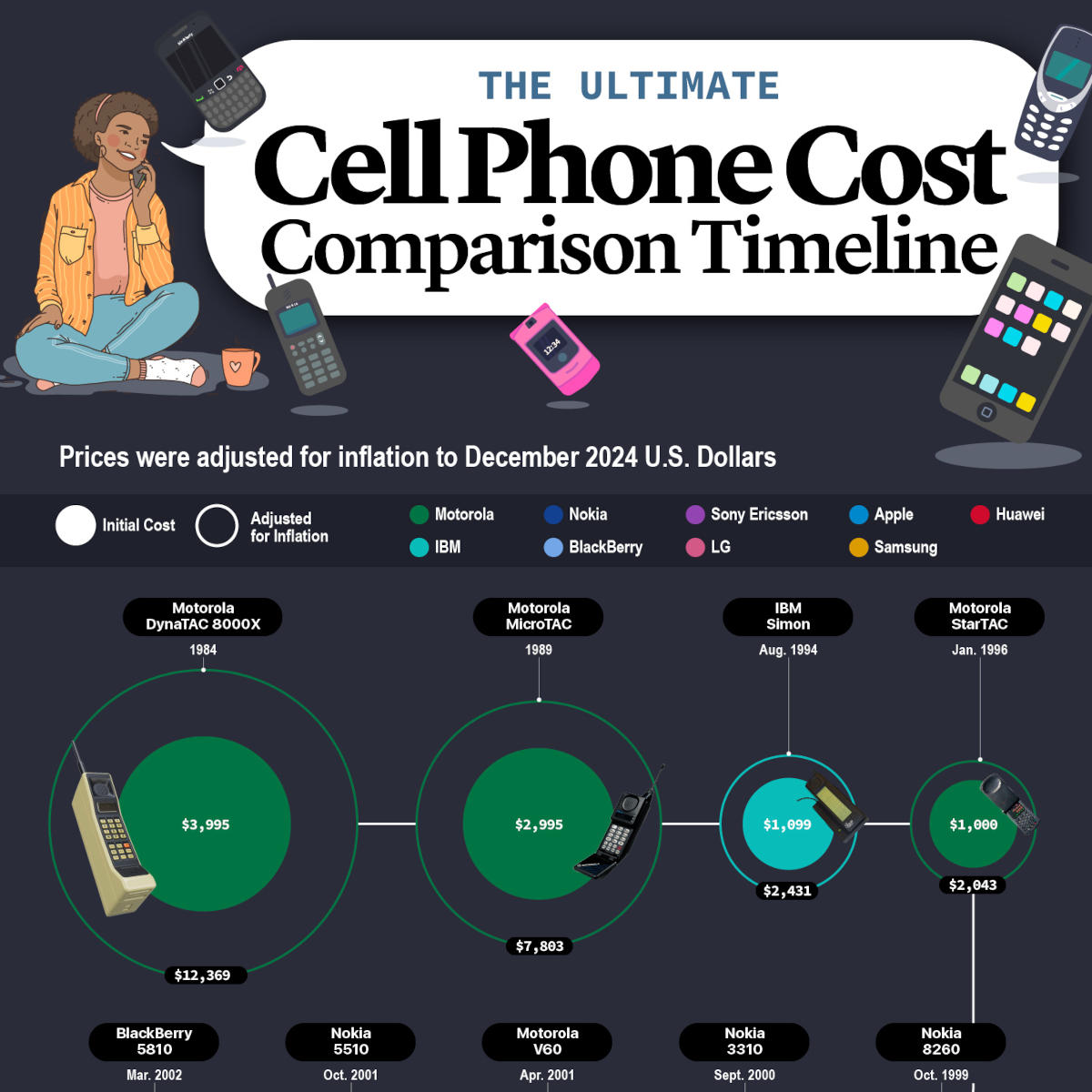Celebrate the invention of the internet on October 29—International Internet Day
Key Points
- Why is Oct. 29 International Internet Day? In 1969, a momentous initial message was transmitted that day between computers at Stanford University and UCLA.
- Who invented the internet? It wasn't the creation of one person, but rather a collaboration of ARPANET scientists, researchers and military experts.
- Why was the internet invented? The ARPANET team members needed a safe way to share data.

The internet is the great equalizer. From education to entertainment, employment to enterprise endeavors, and so much more, we can open unimaginable digital doors with a keystroke. While younger generations may consider the internet an indisputable fact of life that’s always been there, like the Rolling Stones and Grandma’s landline, in reality the internet is only a few generations old.
We celebrate the history of the internet on October 29, with International Internet Day. Most of the world is online: According to Statista, as of July 2024, global usage is 5.45 billion, or two-thirds of the planet’s population. And almost all of them connect using a mobile device. Text neck (or tech neck) can become somewhat of a pain in the neck, though—literally.
What is the internet?
We may take it for granted today, but since the internet is invisible, like gravity or air, what is it, exactly? In basic terms, the internet is a decentralized, global system of interconnected computer networks that use a protocol know as TCP/IP to communicate between networks and devices. If you’ve ever had a tech support person ask for your IP address, this refers to your digital location, which changes as you move your device from one place to another.
However, the average user wouldn’t have been able to navigate the internet at all until computer programmer Tim Berners-Lee developed the protocols in the early 1990s that became known as the World Wide Web. These included the first web browser, HTTP (Hypertext Transfer Protocol), URL (Uniform Resource Locator), HTML (Hypertext Markup Language), and the first webpages that explained how the entire system worked.
Social media soon followed, with platforms such as LinkedIn, Facebook, and Twitter emerging in the mid-2000s and generating a huge uptick in internet usage. Internet pundits soon began referring to Web 2.0, thanks to this tremendous growth in digital adoption.
Who created the internet?
Despite an erroneous turn-of-the-millennium meme that went viral long before the advent of social media, former Vice President Al Gore did not claim to invent the internet. His words from an interview were altered and taken out of context.
In fact, the invention of the internet was an evolutionary process that took place over time, rather than the creation of a single individual inventor such as Thomas Edison, Nikola Tesla—or John Vincent Atanasoff, who, along with Clifford E. Berry invented the first electronic digital computer.
When was the internet invented?
Since the history of the internet involves multiple people and years, it’s also difficult to pinpoint an exact date when someone asks, “When was the internet invented?” It’s safe to say that by the latter half of the 20th century, early cybernauts had happily adopted this new medium of communication. Yet considering its impact on every aspect of life today, it’s impressive how rapidly internet technology has grown and evolved.
Why was the internet invented?
Progress is an innate indicator of human evolution, and the internet developed because scientists, researchers and military experts needed a way to safely share data. In 1969, the seminal ARPANET delivered its first, one-word message—LOGIN—and crashed the network. But it was a start.
Two years later, the first email exchange between two ARPANET-linked computers took place. In 1981, the first laptop rolled off the line.
There was no turning back.
We celebrate International Internet Day on October 29, because that was the day in 1969 when the momentous initial LOGIN message was transmitted between ARPANET computers at Stanford University and the University of California, Los Angeles.
The need for speed
Since the birth of the Web, the evolution of the internet has been supersonic in terms of speed as well. When someone logged on in 1999, for instance, a dial-up connection used a modem to decode audio signals sent to a computer through a telephone line. The computer made scary alien noises while connecting, and opening a Web page allowed you enough time to brew a cup of tea. This was considered normal page load time.
These days, if a device doesn’t instantly connect and open a site, we’re frustrated. You can check internet speeds if you’re concerned your connection may not be up to par, as well as monitor your internet data usage (what are those kids downloading, anyway?). But speed is expected everywhere. If you’re going to be traveling for business (or pleasure), check out the fastest internet speeds by country.
Speaking of business, if you’re a digital nomad, Ooma business internet is an affordable wireless option.
If you check your phone the minute you open your eyes and consider this action even more essential than that first cup of coffee, you’re in good company. The invention of the internet has changed the global communication landscape, connecting us as never before and enabling the sharing of essential cat videos—which make all of our lives better.
Thank you!
By subscribing to Ooma’s Blog, you can expect to receive insightful emails about latest updates, helpful tips, and useful tricks.
Call us at: 866-573-0707 for any other inquiries



